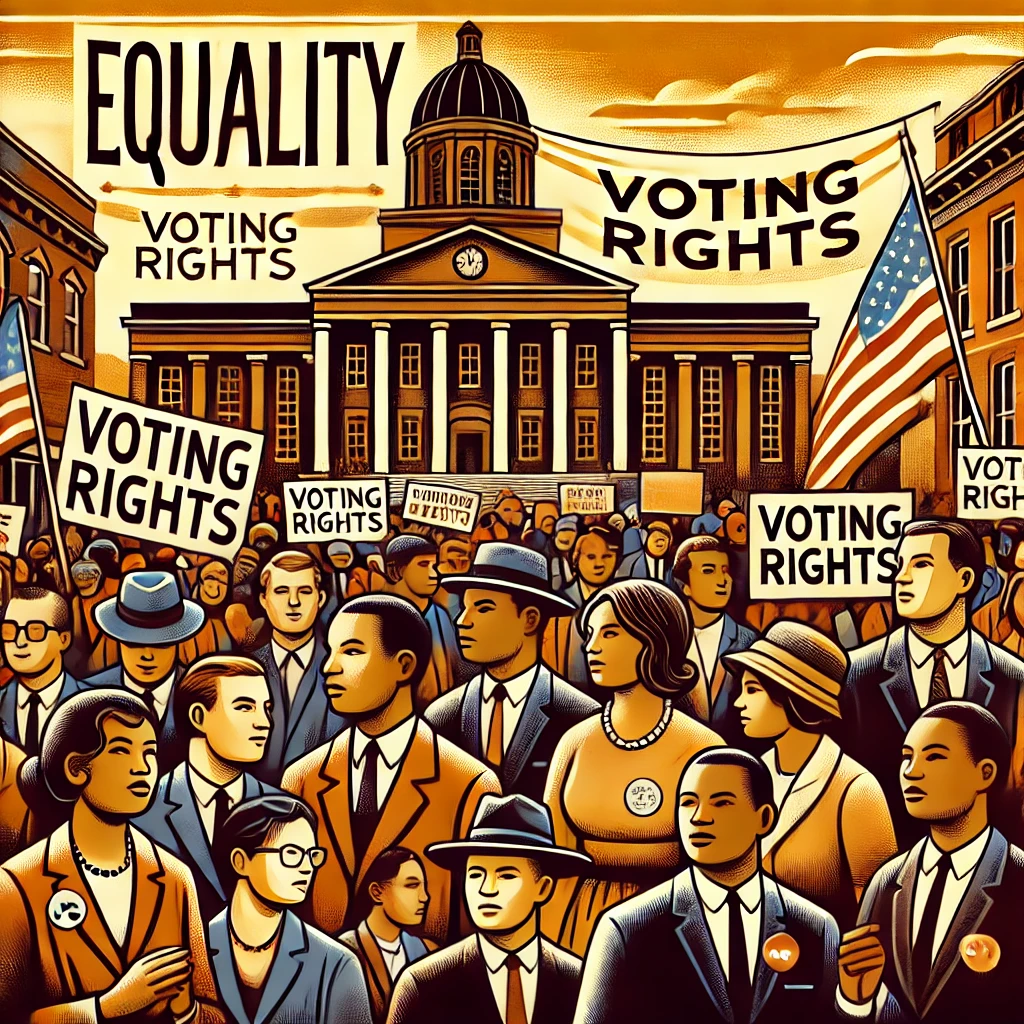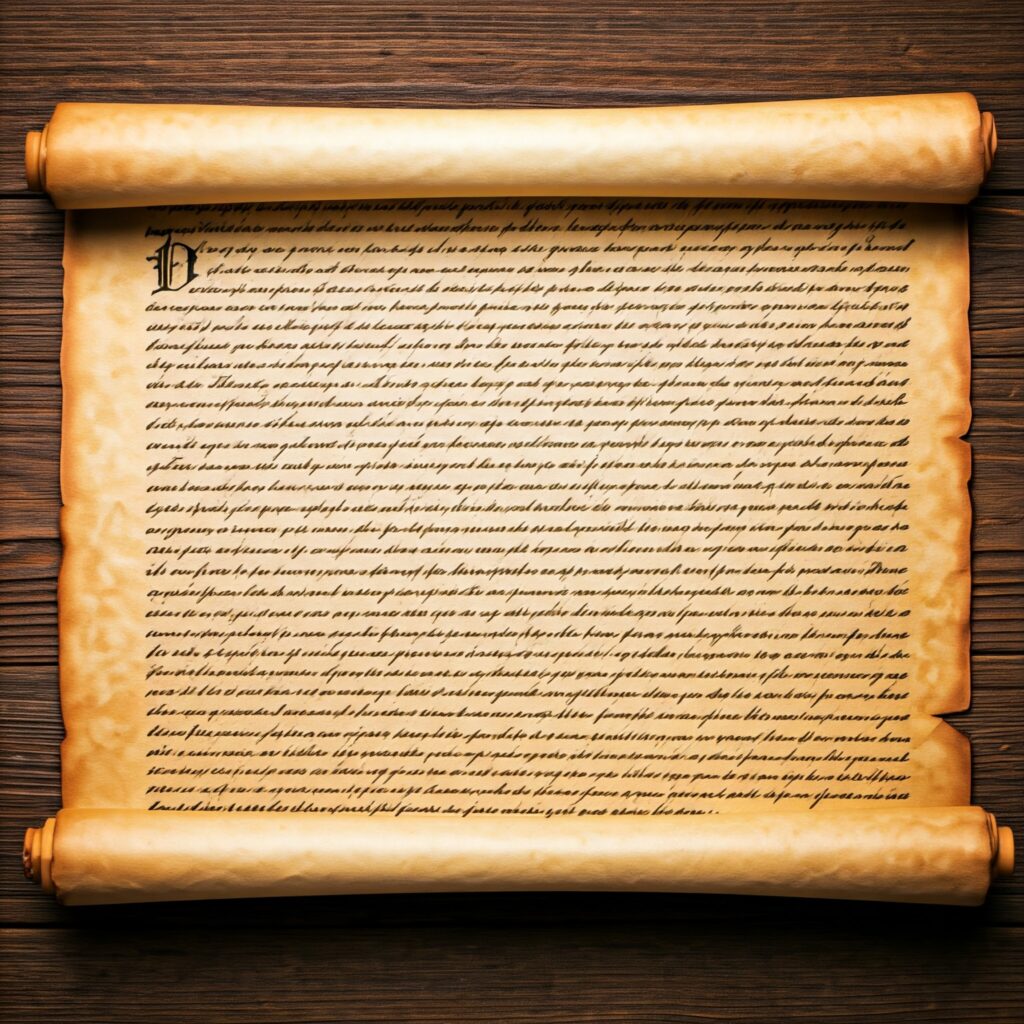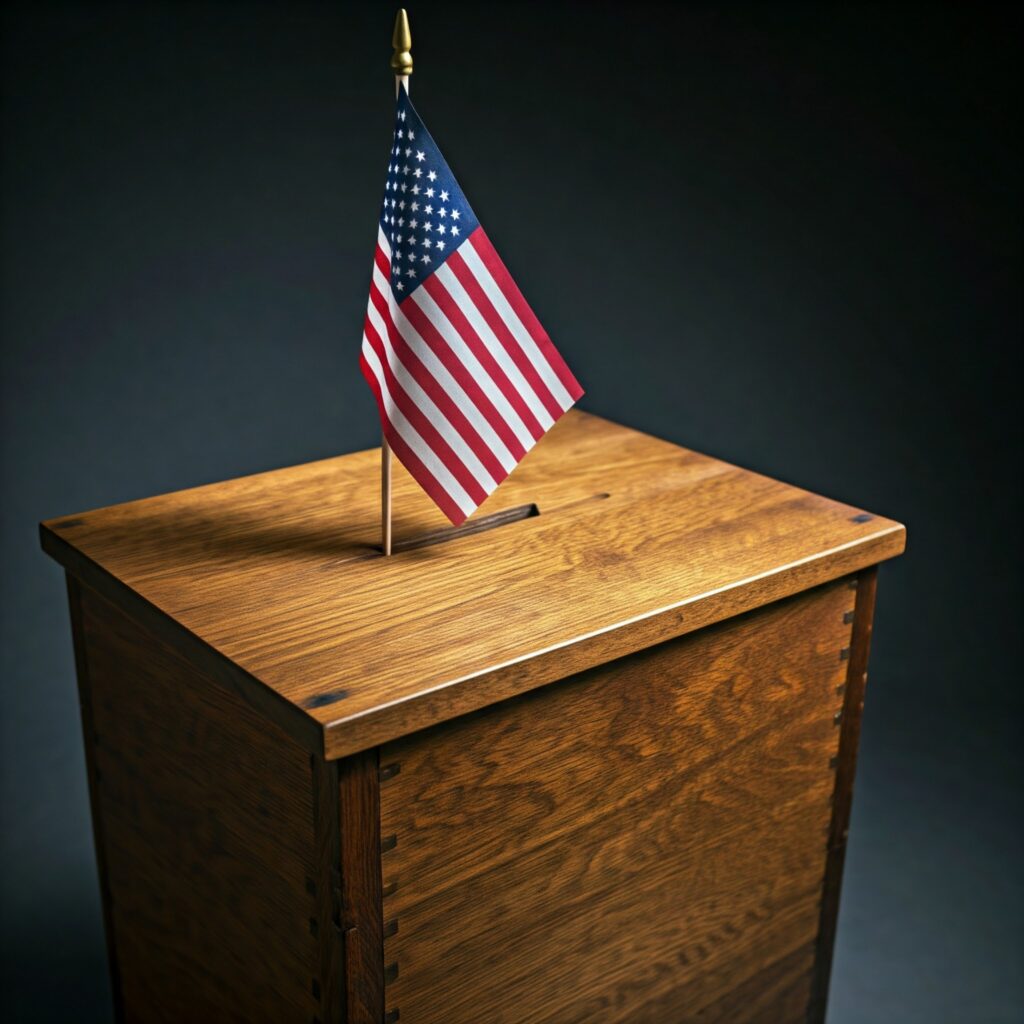On January 23, 1964, a landmark event in the struggle for civil rights and voting equality occurred: the ratification of the 24th Amendment to the U.S. Constitution. This amendment prohibited the imposition of poll taxes in federal elections, dismantling a barrier that had long disenfranchised marginalized communities, particularly African Americans. The 24th Amendment stands as a cornerstone in the ongoing fight for voting rights in the United States.

The Struggle Against Poll Taxes
Poll taxes emerged in the late 19th century as part of a broader set of discriminatory laws aimed at suppressing the voting power of African Americans and poor citizens. Typically, these taxes required individuals to pay a fee to cast their vote, disproportionately affecting those with limited financial means. In many Southern states, the poll tax became an effective tool to undermine the progress achieved during Reconstruction, disenfranchising millions of voters.
The use of poll taxes was further compounded by literacy tests, grandfather clauses, and outright intimidation, all designed to uphold a racially segregated and unequal political system. These measures were not only unjust but also undermined the fundamental democratic principle of equal representation. By the mid-20th century, civil rights activists and organizations recognized the urgent need to challenge these barriers.

The Path to Ratification
The campaign to abolish poll taxes gained momentum during the Civil Rights Movement, as activists highlighted their discriminatory nature. Organizations such as the NAACP and leaders like Martin Luther King Jr. emphasized that voting was a basic right that should not be contingent upon one’s financial status. Their efforts were bolstered by public awareness campaigns and legal challenges.
The turning point came with the ratification of the 24th Amendment. Proposed by Congress in 1962, the amendment quickly gained the support of a majority of states, reflecting a growing national consensus against the injustice of poll taxes. The amendment’s language was clear: “The right of citizens of the United States to vote in any primary or other election for President or Vice President, for electors for President or Vice President, or for Senator or Representative in Congress, shall not be denied or abridged by the United States or any State by reason of failure to pay any poll tax or other tax.”
Lasting Impact and Continued Challenges

The 24th Amendment was a significant victory, but its impact extended beyond the abolition of poll taxes in federal elections. It symbolized a broader commitment to dismantling institutional barriers to voting. However, the fight for voting equality was far from over. Some states sought to maintain poll taxes for state elections until the U.S. Supreme Court intervened. In 1966, the Court’s decision in Harper v. Virginia Board of Elections declared all poll taxes unconstitutional, reinforcing the amendment’s principles.
The 24th Amendment’s legacy remains relevant today as debates over voting rights persist. Efforts to enact restrictive voter ID laws, limit early voting, and redraw electoral districts have reignited discussions about equitable access to the ballot box. Advocates for voting rights often draw inspiration from the success of the 24th Amendment to address contemporary challenges.
